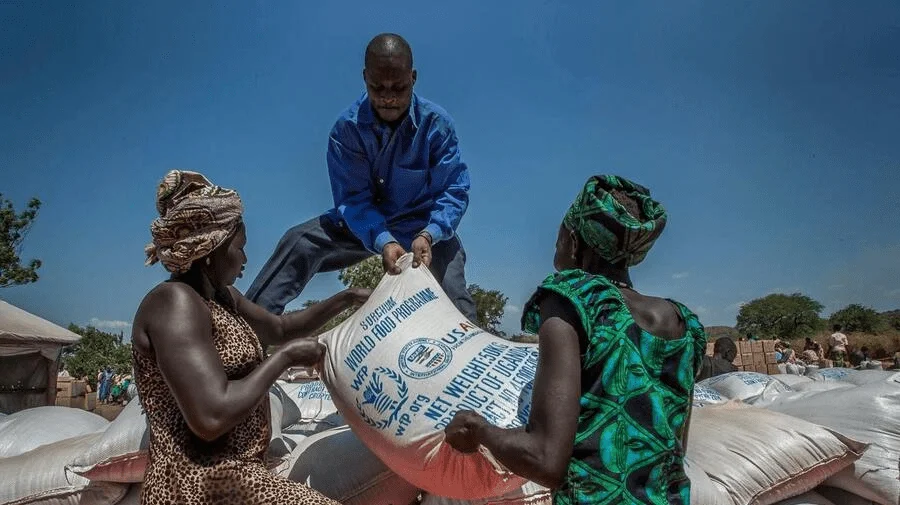The World Food Program (WFP) won the Nobel Peace Prize for its efforts to fight hunger and prevent the use of starvation as a weapon during conflicts.
The Nobel Committee highlighted the importance of global solidarity, especially during the COVID-19 pandemic, which has pushed millions closer to starvation.
The award also emphasized the need for international cooperation over nationalist policies. Founded in 1961, the WFP has responded to many global crises, including the Ethiopian famine, the 2004 Asian tsunami, and the 2010 Haiti earthquake.
The Nobel Committee also emphasized that the WFP’s work is especially important now as the world faces increasing conflicts, climate change, and health crises, which all contribute to food insecurity.
The award serves as a reminder to the international community to focus on ending hunger and ensuring food is not used as a tool of conflict.
The WFP continues its mission by helping millions of people each year, providing essential food aid in war-torn regions and areas affected by natural disasters.
The World Food Program (WFP) works in over 80 countries, providing food assistance to millions of people affected by conflict, disasters, and economic challenges.
Their mission is not just to deliver food but also to improve long-term food security. The organization supports school meal programs, helps communities develop sustainable agriculture, and assists in rebuilding livelihoods after crises.
By focusing on these areas, the WFP aims to tackle the root causes of hunger and create a more resilient global food system. The Nobel Peace Prize underscores the importance of their humanitarian efforts.























